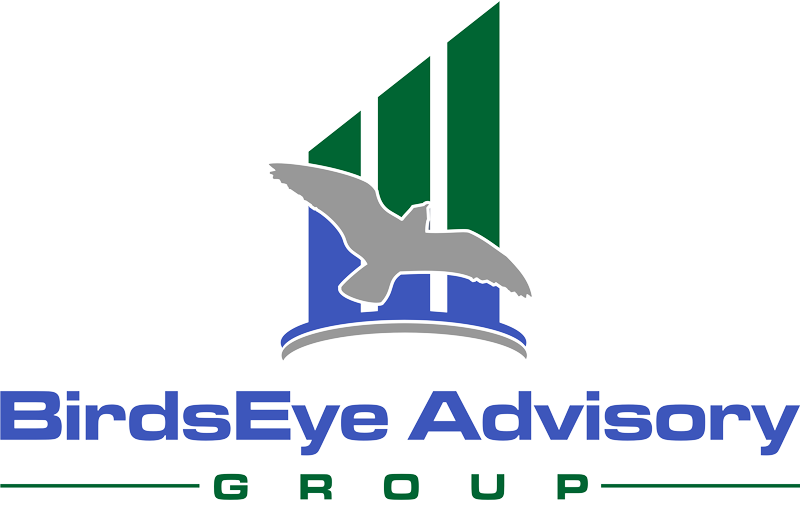Recently I moderated a webcast for APPA titled “The Basics of Pet Business Valuation.” As business owners and entrepreneurs we tend to think of a valuation as a necessity only when we sell a business or in the unfortunate event of a death or divorce. But what I learned from my two years of working as an investment banker is that knowing the value of your business NOW creates a road map for success and drives healthy disciplines that will ultimately result in maximizing value.
Because you are taking the time to read this column, your passion for reading about business bodes well for future success in all areas of your business. Eventually you will need an exit strategy and a road map on how to get there. That exit strategy may be one of many things – passing it on to your children, selling to employees, or selling to an outside strategic or financial buyer – but someday you will exit your business.
Why should you value your business now?
There are three critical reasons why you need to know the value of your business even if you aren’t planning to exit out in the near future:
A. Building Transferable Value. Transferable Value is the actual and perceived monetary worth that a secondary party is willing to pay for your business. I cannot emphasize how important that whether a transaction is 6 months or 6 years away, when you fine-tune your business to be an attractive acquisition NOW it maximizes transferable value TOMORROW.
Six Key Steps Toward Building Transferable Value:
1. Clean up your books and records – be proud of your financial presentation!
2. Transcend small and start up “write everything off” actions. Every time you write off a personal expense towards your business, you are decreasing your transferable value.
3. Diversify and evaluate Revenues and Suppliers / Identify alternative revenue sources.
4. Recruit a 3-person objective and dynamic Board of Directors. Authorize them to hold you accountable. I cannot tell you how valuable my Advisory Board was in helping me navigate through the pitfalls of running my manufacturing company, Avian Adventures.
5. Groom your Senior Management Team. Investigate “appreciation rights” or “phantom stock options” as possible incentives. I love this idea. I’ll be writing about creating a Phantom Stock program in an upcoming column.
6. Seek out class legal, accounting, insurance and financing/investment banking relationships.
B. Raising Capital. Capital is scarce; give yourself an edge when it comes to attracting debt or equity. Performing a valuation will offer the business owner:
• Attracting Equity: Accurate pricing with realistic expectations
• Sophisticated Financial Dialogue: Speak to ROE, ROA, Multiples, Cash flow, etc.
• Financing Options: Understand the cost and effect on value
• Exit Options: Equity and debt partners will often demand an exit plan
• Budget Forecasts: Forecasting becomes more accurate and focused
C. Strategic Decision Making. A business owner that understands the value of his/her business and the impact of transferable value will make more informed strategic decisions.
• Establish a Base-Line: Build and move forward from today’s value
• Gatekeeper Function for New Initiatives: “Will this add to value or distract?”
• Focus on Fundamentals: Know the effect of a change in revenues and margins on value
• Acquisitions: An informed acquirer understands value and prices all offers accordingly
• New Products/Services: Impact on transferable value
• Key Executive Incentives: Align incentives and properly value stock/phantom stock
• If a Buyer Comes Calling: You will have an idea whether you are ready to discuss exiting your business if the value approaches “your number.”
I’ve sold three companies over my entrepreneurial lifetime. If I had only known then what I know now I am sure my bank account would be fatter as I have no doubt that not understanding these principals caused me to leave some money on the table. So, once again….”Do As I Say, Not as I Did!”
Carol Frank of Boulder, CO, is the founder of four companies in the pet industry and a Managing Director with BirdsEye Advisory Group, where she advises pet companies in M&A transactions and Exit Planning. She is a former CPA, has an MBA, is a Certified Mergers and Acquisitions Advisory (CM&AA) and holds Series 79 and 63 licenses. She highly values and incentivizes referrals and can be reached at cfrank@birdseyeadvisory.com.
